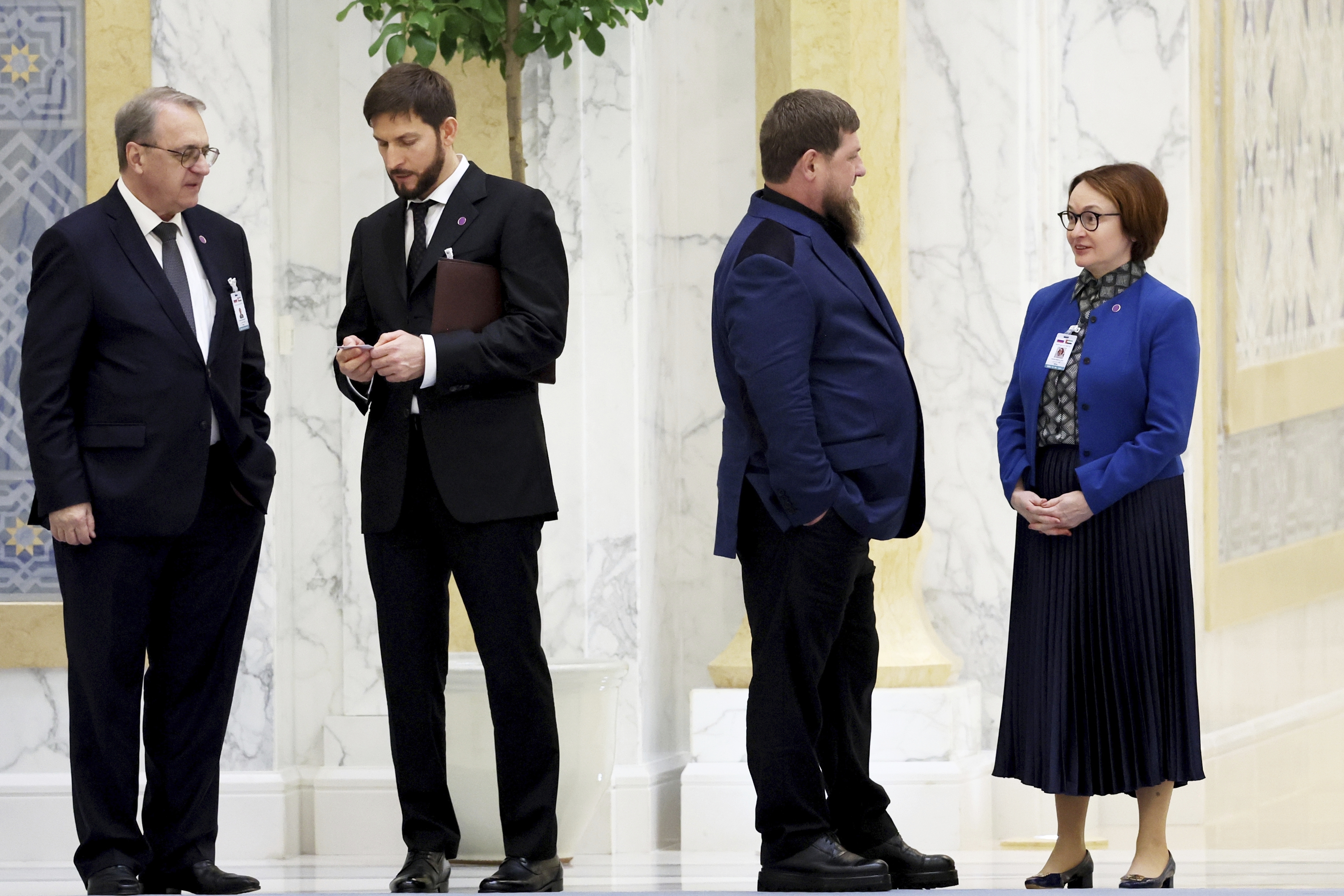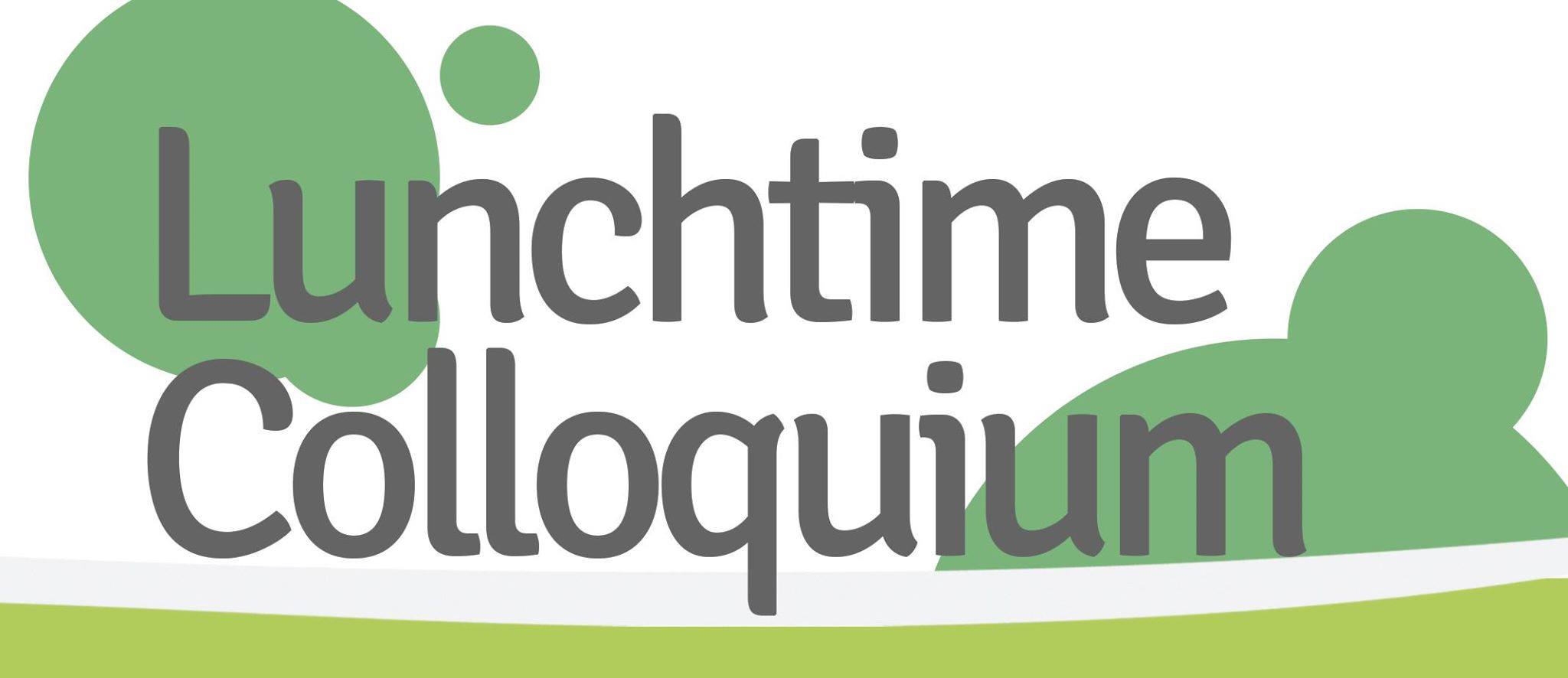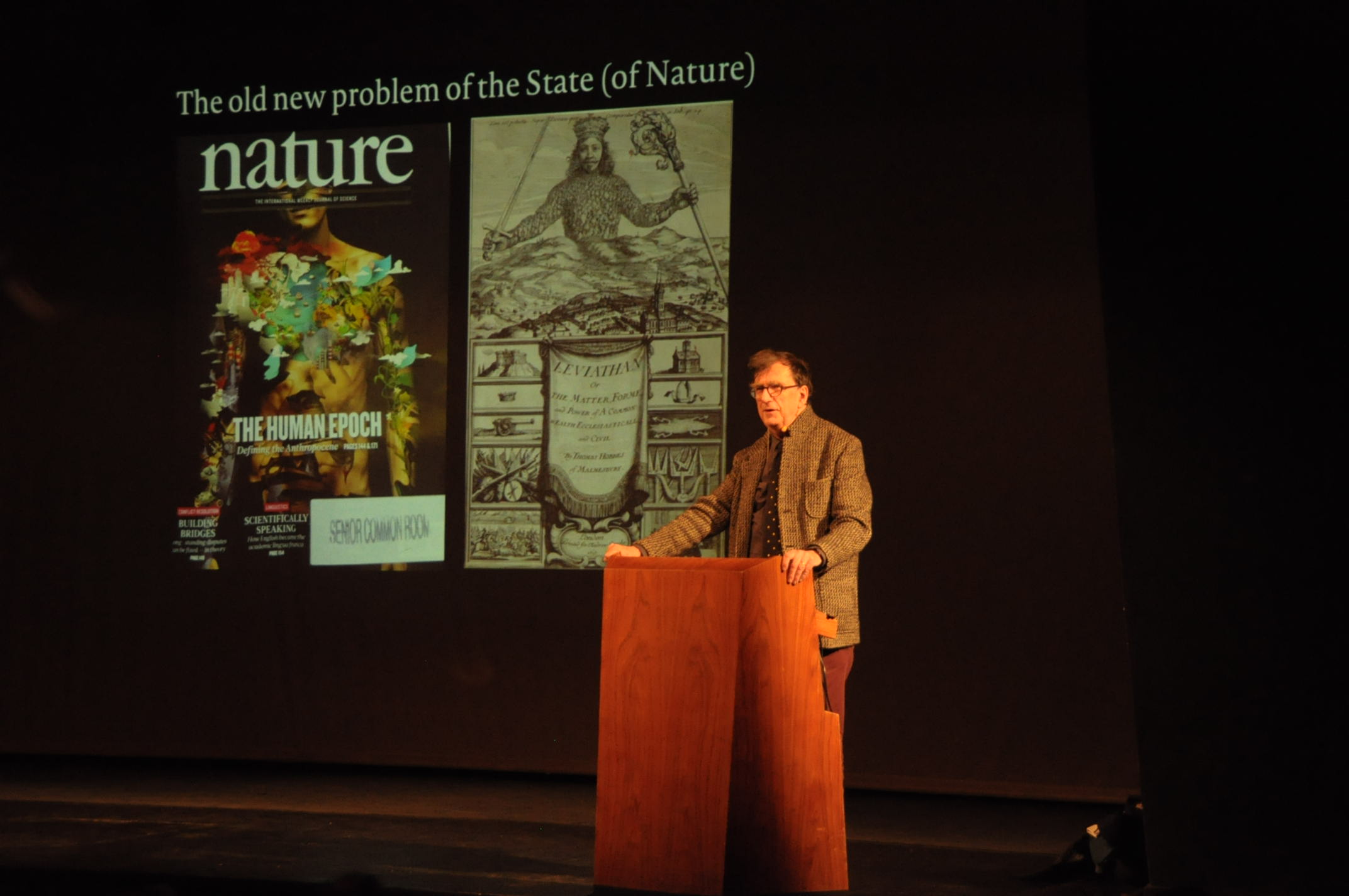Imaginings
stories, creative nonfiction, poetry, and other imaginative accounts of the natural world
-
Russian Environmental Politics: Reading Between the Lines—New Climate, New Strategy: Betting on the Revival of Mammoths over the End of Fossil Fuels

By Vita Lacis: On 26 October 2023, Vladimir Putin signed a revised version of the Climate Doctrine of the Russian Federation—a high-profile document that determines the climate policies of the state on all levels, from international to municipal. Although only an updated version of the previous climate doctrine, released in 2009, the Doctrine illuminates the…
-
LUNCHTIME COLLOQUIA, WINTER SEMESTER 2017/2018

Climate politics, posthumanism, planetary health, ecofeminism, and much more during the 2017/2018 winter semester at the Rachel Carson Center. Would you like to keep up to date with our latest Lunchtime Colloquia? Then follow us by subscribing to our Rachel Carson Center Youtube Channel for new (and old) discussions! 12 October 2017: Christopher Cokinos on “Atlas of
-
Snapshot: Latour de Force

*Featured image: Bruno Latour speaking at the Lunchtime Colloquium, 8 December 2016. What does it mean to be human in the Anthropocene? Put simply, we are disoriented: disoriented in space—aware that despite a united vision for the planet, no single space exists to accommodate all of our wishes; disoriented in time—living in an age stifled
-
Snapshot: Beach Litter in a Sustainable Exhibition
By Katrin Kleemann A few weeks ago, “Snapshot: Zero Waste?” featured an exhibition exploring global waste production. Today’s feature looks at what happens to that waste. As part of its Planet Oceans Initiative, the National Maritime Museum in Greenwich hosts one of London’s first sustainable galleries: the “Environment Gallery.” It’s sustainable because all of the displays are made
-
Worldview: Earthquakes in Munich?
By Katrin Kleemann If you followed the news over the weekend, you will have seen that several serious earthquakes occurred over the past few days. The Kumamoto Prefecture on the island of Kyushu in Japan was hit by a magnitude 7.0 earthquake on Saturday morning (local time). On Thursday the region had already suffered a
-
Bookshelf: Jens Kersten on Inwastement—Abfall in Umwelt und Gesellschaft
The Inwastement volume arose from the research cluster “Waste and Society” of the RCC together with LMU’s Center for Advanced Studies. Published in German by Transcript, the issue includes contributions from: Soraya Heuss-Aßbichler, Claudia R. Binder, Eveline Dürr, Gisela Grupe, Rüdiger Haum, Michael Jedelhauser, Jens Kersten, Roman Köster, Reinhold Leinfelder, Christof Mauch, Wolfram Mauser, Karen Pittel, Gerhard Rettenberger,
-
COP21: How We Make the Weather
by Dominic Kotas, Copywriter at ICLEI–Local Governments for Sustainability and alumnus RCC editor. So, after all the planning, speculation, and nervous anticipation, COP21 happened—and was generally seen as a qualified success. I was lucky enough to be in the “Climate Generations” areas (just next door to the negotiating zone) for the two weeks of the summit.
-
Greening of LMU: How Sustainable Do We Want to Be?
By Robert Emmett Date and Location: 9 July 2015, LMU, Geschwister-Scholl-Platz 1, Munich. Technological fixes are not going to solve the capitalism-climate collision in any transcendental, universal sense. We’re not greening ourselves out of the social-environmental challenges ahead with clever gadgets. Instead, as the authors of the Nature paper “Changing the Intellectual Climate” suggest, deep
